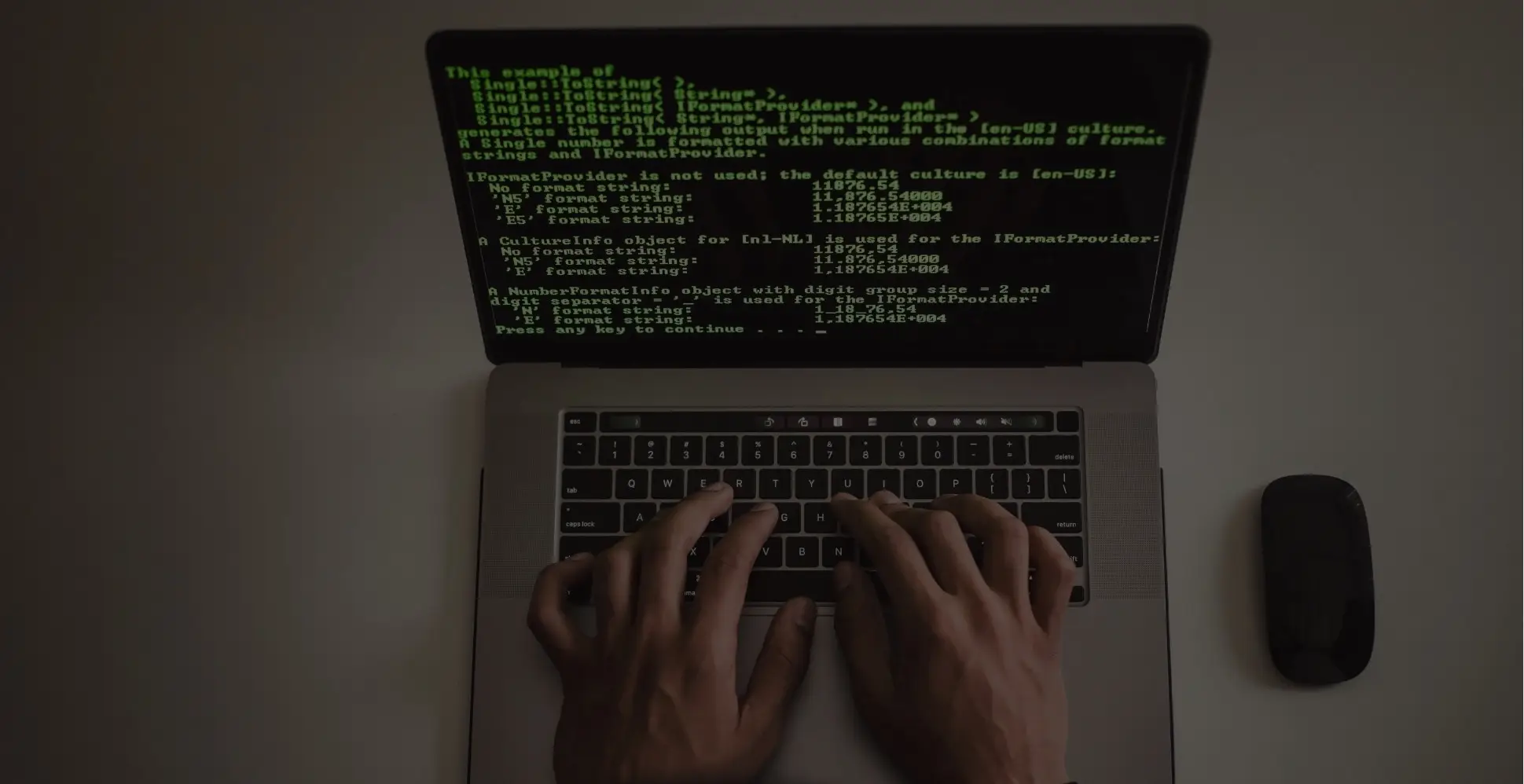Insights
Rock Your Telephone Interview
01 Nov, 20215 minutesTelephone interviews are playing a bigger role in the recruitment process, and in some cases...

Telephone interviews are playing a bigger role in the recruitment process, and in some cases, are even becoming the norm. A phone interview may sound like an easier option, it’s worth thinking a little about the pros and cons.
On the plus side, you don’t have to worry about your interview outfit and you can choose a location that you are comfortable in. On the negative side, not meeting in person means that you can’t use things like body language and appearance to your advantage. In order to make a good impression, you will be relying on only the words that you use.
Regardless of whether you are interviewing face to face, or over the phone, preparation is key. There are a few extra considerations to make when it comes to a telephone interview.
Preparation
The same basic interview preparation is required (see our Interview Tips for more information on this). One of the main advantages of a phone interview is that you can have the notes that you made from your preparation in front of you, so make sure that you have them to hand to help formulate your responses.
It is also a good idea to have a copy of your CV and the job description available so that you can reference these easily.
Make sure that these are neatly laid out in front of you and easy to read without shuffling through a number of papers. A telephone interviewer will easily notice if you are fumbling through various print outs.
It is still important to clarify the details of your telephone interview. Check whether the interview will be a simple phone call or a video call. Find out who you will be speaking to, and how many people will be on the call. One-on-one calls are very different to conference calls which can be difficult to follow, so if it is a conference call be prepared to listen very carefully so that you can identify who everyone is and what they sound like.
Clarify who is calling who, and at what time. It’s advisable to use a landline phone rather than a mobile to avoid risking your signal dropping out unexpectedly. One last thing to check is the expected length of the call, and ensure that you have set aside an appropriate amount of time for it so that you don’t have to rush to finish the call.
Make a good impression
It may be easier to make a good first impression in-person, using open body language and a firm handshake, but it is still essential to do this in a telephone interview. Start the call by introducing yourself, the interviewer should then introduce themselves and anyone else attending the interview. You should then take this opportunity to ask how their day is going, or to start up some small talk, to transition smoothly into the interview.
Using notes
As mentioned above, a telephone interview gives you the opportunity to have access to your notes and research. Make sure that you use these purely as prompts and not as a script. If you are reading notes word for word, this will come across as very unnatural. Using your notes as a prompt will let the conversation flow more naturally, and will also mean that you answer the interview questions more thoroughly.
Your location
Think carefully about the location you choose for your telephone interview. You want somewhere quiet and comfortable so that you feel comfortable yourself. Ensure that there are no distractions wherever you are, so have the children with a childminder, your pets elsewhere and the television and radio switched off.
Listen carefully
This may sound obvious, but it can be easy to sound bored or disinterested during a phone interview, you’ve got to make sure that you sound interested and enthused. The easiest way to do this is to listen carefully to what the interviewer is saying and to respond appropriately. This can also help to build a rapport with the interviewer.
Make sure that you don’t interrupt your interviewer mid-question. This can be easily done during a telephone interview as it is difficult without body language cues to know whether the interviewer is expecting you to respond, or whether they have just paused for breath. Remember that it is ok to leave pauses to ensure that they have finished.
Remain calm
Interviews can be nerve-wracking which is why many people jump at the chance to do a telephone interview instead of a face-to-face as it can seem less intimidating. This isn’t always the case though. If you feel yourself beginning to panic, remember that the interviewer can’t actually see you. Take some deep breaths to compose yourself, keep your voice steady, and try to regain your calm.
Remember to speak slowly. Whether an interview is going well, or not so well, it is all too easy to start talking faster and faster. Practise speaking slowly and clearly in preparation for your telephone interview.
Ask questions
During a face-to-face interview, it can be easy to gauge whether you have misheard or misunderstood a question from the interviewer’s reaction. This isn’t the case during a telephone interview, so don’t be afraid to ask questions to clarify what is being asked.
At the end of the interview
As with any interview, it is important to end on a positive note. If you have liked what you have heard, say so. This can be done by summarising the points discussed that you have most liked, and joining together your skills with the job available. Find out what the next steps are and when you can expect to hear the outcome.
Remember to thank the interviewers for taking the time to meet you and tell them that you are looking forward to hearing from them soon.



